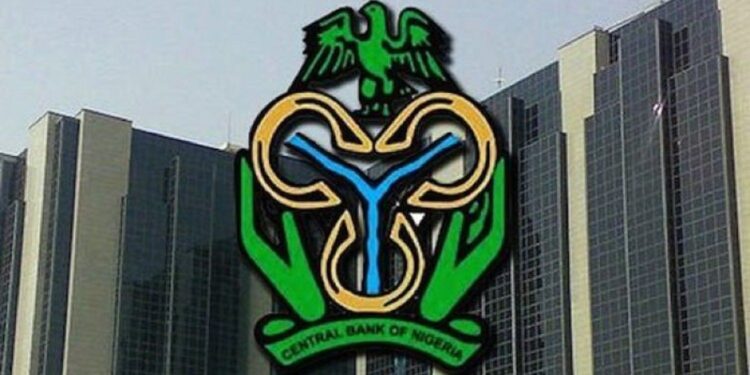The Central Bank of Nigeria (CBN) has announced a significant rise in Nigeria’s Net Foreign Exchange Reserves (NFER), which reached $23.11 billion by the end of 2024. This marks the highest level in over three years and reflects a substantial improvement from previous years, addressing concerns raised by financial experts regarding the country’s forex position.
Record-Breaking Growth in Net Reserves
The latest figures indicate a sharp rise from $3.99 billion in 2023, $8.19 billion in 2022, and $14.59 billion in 2021. The CBN emphasized that the improved reserve levels demonstrate the success of strategic policies aimed at enhancing economic resilience and investor confidence.
According to a statement issued on Tuesday, the NFER represents a more precise indicator of the nation’s available foreign exchange buffers, as it accounts for near-term liabilities such as FX swaps and forward contracts. This metric offers a clearer picture of the country’s ability to meet external obligations without undue financial strain.
Growth in Gross External Reserves
In addition to the rise in NFER, Nigeria’s gross external reserves climbed to $40.19 billion as of December 2024, up from $33.22 billion at the end of 2023. This development underscores the CBN’s concerted efforts to reduce short-term foreign exchange liabilities, including FX swaps and forward obligations.
CBN Governor Olayemi Cardoso attributed the increase to deliberate policy actions designed to bolster investor trust, mitigate economic vulnerabilities, and strengthen Nigeria’s financial stability. He remarked, “This improvement in our net reserves is the result of carefully implemented policies aimed at restoring confidence, minimizing risks, and laying a foundation for sustainable growth.”
Key Factors Driving Reserve Growth
The CBN identified several major contributors to the enhanced NFER position:
- Reduction in Short-Term FX Liabilities: The bank effectively decreased its exposure to short-term foreign exchange obligations, mitigating risks associated with liquidity constraints.
- Increase in Non-Oil FX Inflows: The rise in foreign exchange earnings from non-oil sectors played a crucial role in strengthening reserve levels.
- Market Reforms to Restore Confidence: The implementation of policies aimed at increasing transparency and trust in the FX market led to a boost in foreign exchange inflows.
The strengthened reserve position places Nigeria in a more resilient stance against external economic pressures and currency volatility, ensuring a more stable financial environment.
Positive Economic Outlook for 2025
Looking ahead, the CBN remains optimistic about maintaining the upward trend in 2025. Despite seasonal fluctuations in the first quarter, including notable interest payments on foreign-denominated debt, underlying economic fundamentals suggest continued growth.
Factors expected to sustain reserve growth include improved oil production levels and a favorable export environment, particularly in non-oil sectors. These elements are poised to enhance Nigeria’s external liquidity, support exchange rate stability, and attract increased foreign investment.
Governor Cardoso reaffirmed the CBN’s commitment to prudent reserve management, transparent financial reporting, and macroeconomic policies that foster economic stability and long-term resilience. The central bank’s approach aims to solidify Nigeria’s economic position while ensuring sustained investor confidence in the country’s financial markets.
As Nigeria moves forward, financial analysts and investors will closely monitor reserve trends and the effectiveness of CBN policies in maintaining economic stability amid global financial uncertainties.









